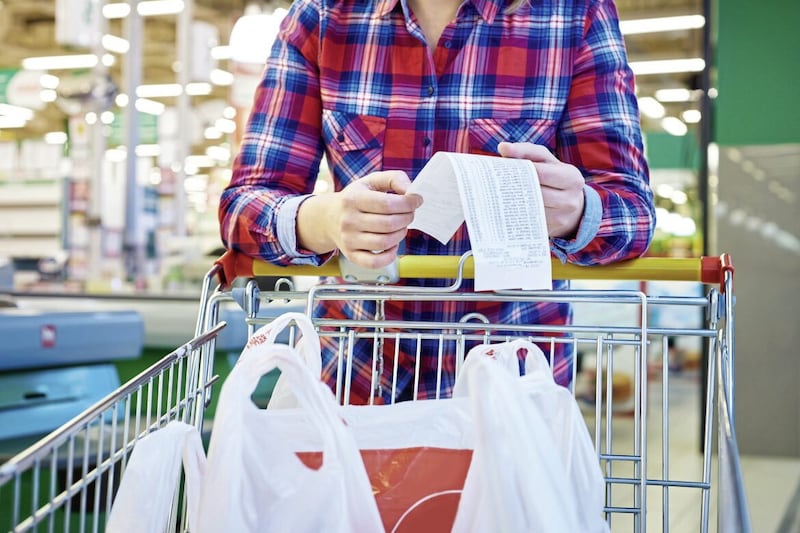THE Northern Irish grocery market saw sales grow by 10.5 per cent in the year to September 3, with shoppers spending an additional £385.7 million, new figures reveal.
That's despite the continuing rises in grocery inflation, which stood at 16.9 per cent in September, up 0.1 percentage points since last month, pushing the average annual grocery bill up by £905 from £5,360 to £6,265.
And with schools now back in full swing, parents buying lunchbox essentials for their children added around £15 million to the overall Northern Ireland shopping basket.
According to figures from Kantar, over the last 12 weeks shoppers in the north spent an additional £3.6m on cheese, £3.5m on yoghurts, £3.1m on bread and £4.8m on biscuits.
Overall average prices are up 10.7 per cent compared to last year, says Kantar.
Its business development director Emer Healy said: “The impact on shopper budgets is unavoidable for many Northern Irish households.
“And as shoppers look for ways to manage costs, many are turning to cheaper alternatives such as retailer own label lines, where sales are up £247m compared to last year and versus branded products which are up £142m.”
Tesco maintains its position at the top of the table as the north’s largest grocer with a 34.9 per cent share of the market, growing 10.1 per cent year-on-year.
It welcomed an influx of new shoppers in store alongside more frequent trips which contributed an additional £121m to its overall performance.
Lidl holds 9.2 per cent market share, seeing the strongest growth among all retailers, up 27.9 per cent year-on-year, as well as seeing the largest influx of new shoppers, up 1.5 percentage points.
In addition, Lidl has had more frequent trips, which contributed an additional £46.7m.
Sainsbury’s commands a 16.6 per cent share, growing 9.5 per cent year-on-year and saw more frequent trips which contributed an additional £44.4m, while Asda has a 15.9 per cent slice of the market, growing 10 per cent year-on-year and with more frequent trips adding £90.5m to its tills.







